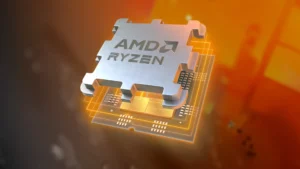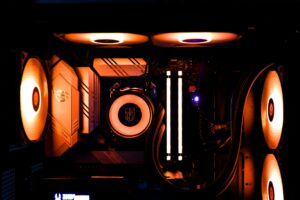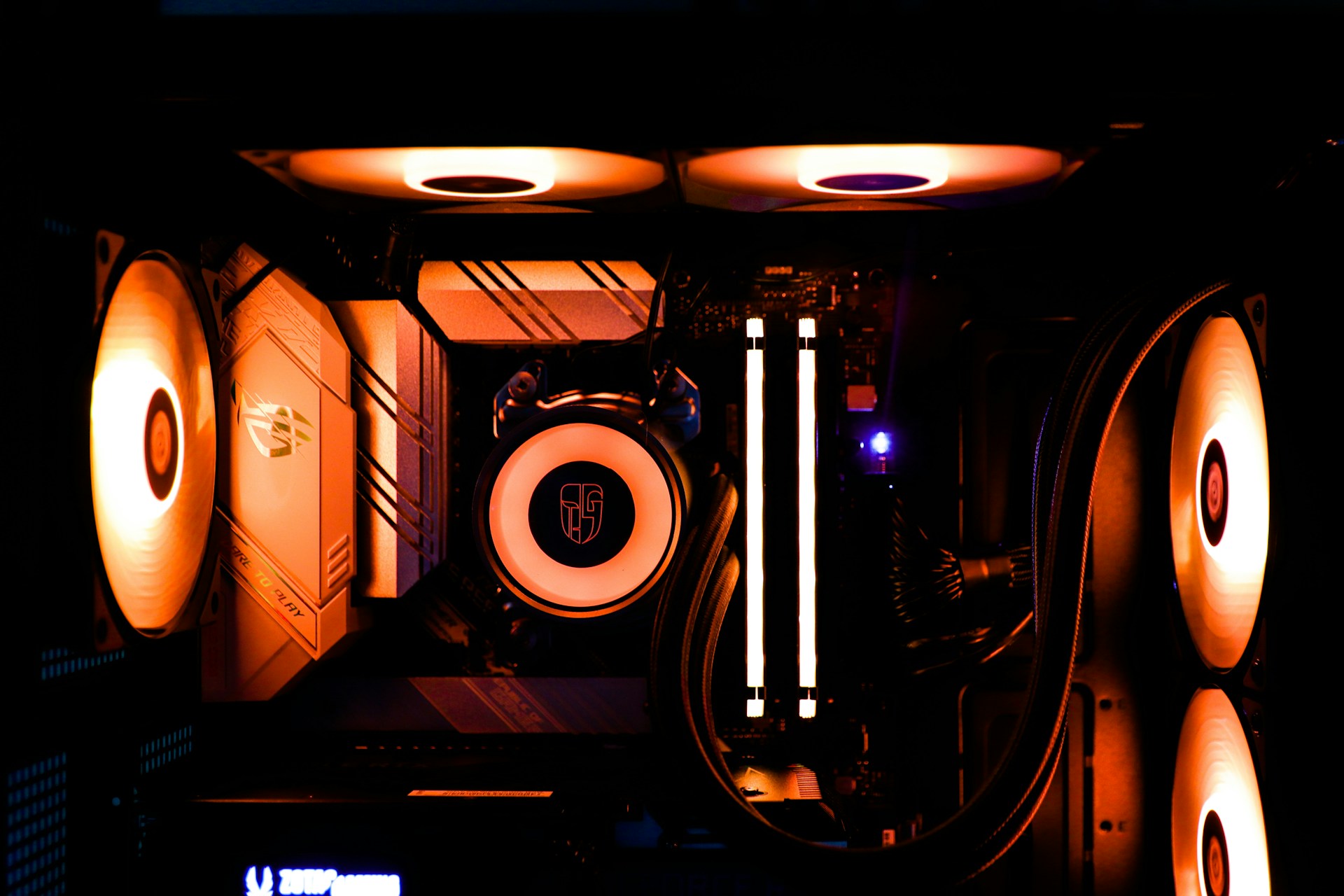
The AMD Ryzen 7000 Series desktop processors, code-named “Raphael,” are based on the latest Zen 4 architecture. These processors are designed to offer substantially improved performance for content creation and support new technologies like DDR5 memory.
The Ryzen 7000 Series includes models with up to 16 cores and a maximum boost frequency of 5.7 GHz, catering to the demands of content creators, video editors, photographers, renderers, and game developers.
One notable aspect is the reported increase in TDP (power draw and thermal output) for most models in the Ryzen 7000 series, along with a significant drop in the top-end 16-core model’s MSRP from $799 to $699.
The Ryzen 7000 Series processors are manufactured on a new 5nm process, and they offer impressive performance for various content creation workflows. Additionally, AMD has emphasized the efficiency of these processors, providing users with options to customize their experience based on their specific use cases. For instance, users can utilize the free Ryzen Master utility to run the processor in ECO mode, which can reduce the processor’s power TDP from 170W to as low as 65W.
These processors are also designed to operate efficiently at a temperature of 95 degrees Celsius, with no detriment to longevity or performance. This temperature target is the same as that of previous product generations, but it has become more accessible with the Ryzen 7000 series. In summary, the AMD Ryzen 7000 Series desktop processors represent a significant advancement in CPU technology, particularly for content creation and demanding workloads. With their focus on performance, efficiency, and support for new technologies, these processors are poised to meet the needs of professionals and enthusiasts alike.



When it comes to keeping your computer's CPU cool, there are two primary options: air cooling and liquid cooling. Both methods have their own set of pros and cons, and
Dont hesitate to call us to get a custom pc and for updated pricing! Dismiss